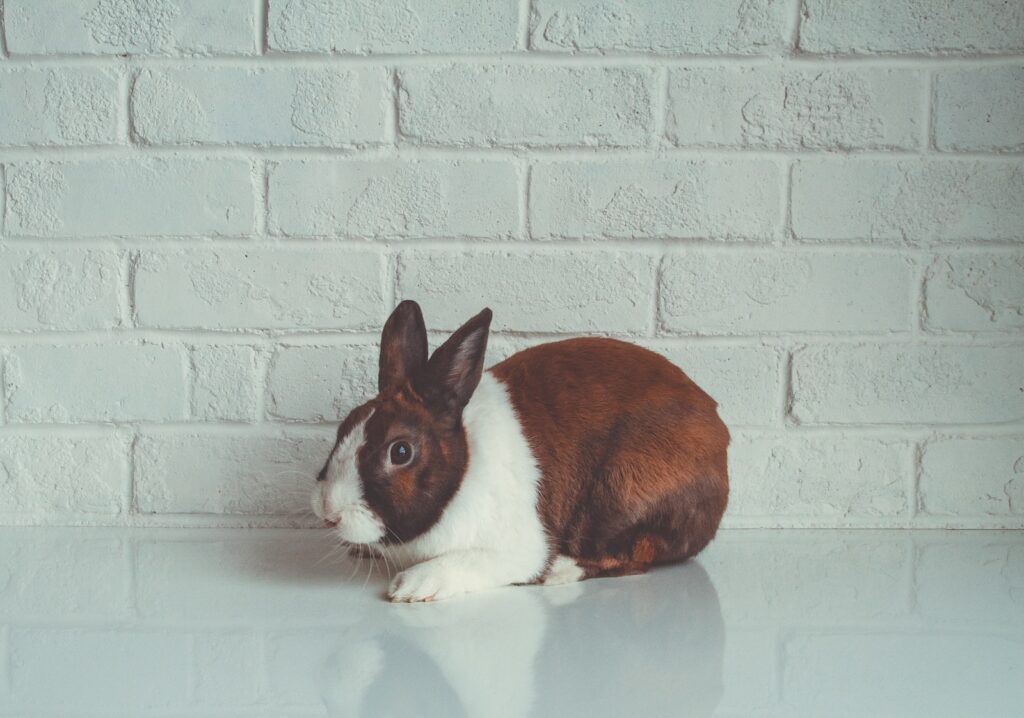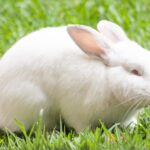Can Rabbits Eat Chard — Find Out if Your Furry Friend Can Enjoy This Leafy Green
Rabbits are adorable and gentle creatures that require a carefully balanced diet to ensure their optimal health and well-being. As loving pet owners, it is essential to consider the suitability of various food items for our furry friends. In this article, we will explore whether rabbits can safely consume chard and the potential benefits it may offer to their overall health.
The Advantages of Chard for Rabbits
Chard, with its colorful and vibrant leaves, boasts numerous health-boosting qualities for rabbits. This leafy green vegetable is an excellent source of essential vitamins, including vitamins A, C, and K. It also provides valuable minerals such as calcium and iron, which contribute to maintaining strong bones and preventing anemia in rabbits.
Additionally, chard contains fiber that aids in promoting a healthy digestive system for your furry friend. This can alleviate common gastrointestinal issues and ensure regular bowel movements, contributing to your rabbit’s overall well-being.
In summary:
- Chard is rich in vitamins A, C, and K.
- It provides important minerals such as calcium and iron.
- The fiber content in chard promotes a healthy digestive system.
Recommended Frequency and Quantity
While chard can be a nutritious addition to your rabbit’s diet, it is crucial to feed it in moderation. Introduce chard gradually to prevent any potential digestive upset. Start by offering small amounts, about a few leaves per serving, and observe how your rabbit responds. If there are no adverse reactions, you can gradually increase the quantity.
It is advisable to include chard as part of a diversified diet for your rabbit. Remember that a balanced diet for rabbits should primarily consist of high-quality hay, fresh water, and commercially formulated rabbit pellets. Consult with a veterinarian to determine the appropriate portion size and frequency of chard consumption based on your rabbit’s individual needs.
Considerations and Precautions
While chard is generally safe for rabbits, there are a few considerations to keep in mind. Avoid feeding chard stems as they can be tougher to chew and digest compared to the leaves. Ensure that the chard is thoroughly washed to remove any pesticides or dirt that may be present on the leaves.
It is important to note that a sudden dietary change, including the introduction of chard, may disrupt your rabbit’s digestive system. To prevent such issues, always introduce new foods gradually and monitor your rabbit’s health and appetite during the transition.
Other Pets That Can Enjoy Chard
Chard is not exclusive to rabbits; other pets can also safely munch on this leafy green. Guinea pigs, for instance, can benefit from chard’s nutritional value and enjoy it as a part of their balanced diet. However, it is crucial to ensure that the diet of any pet is diverse and suited to their specific nutritional requirements.
Conclusion
In conclusion, rabbits can enjoy the nutritional benefits of chard when introduced in moderation and as part of a well-balanced diet. This leafy green provides essential vitamins and minerals, promotes a healthy digestive system, and contributes to overall rabbit well-being. However, it is important to exercise caution, avoid feeding chard stems, and introduce new foods gradually. Always consult with your veterinarian to ensure that your pet’s dietary needs are met, allowing them to thrive and live a happy life.






